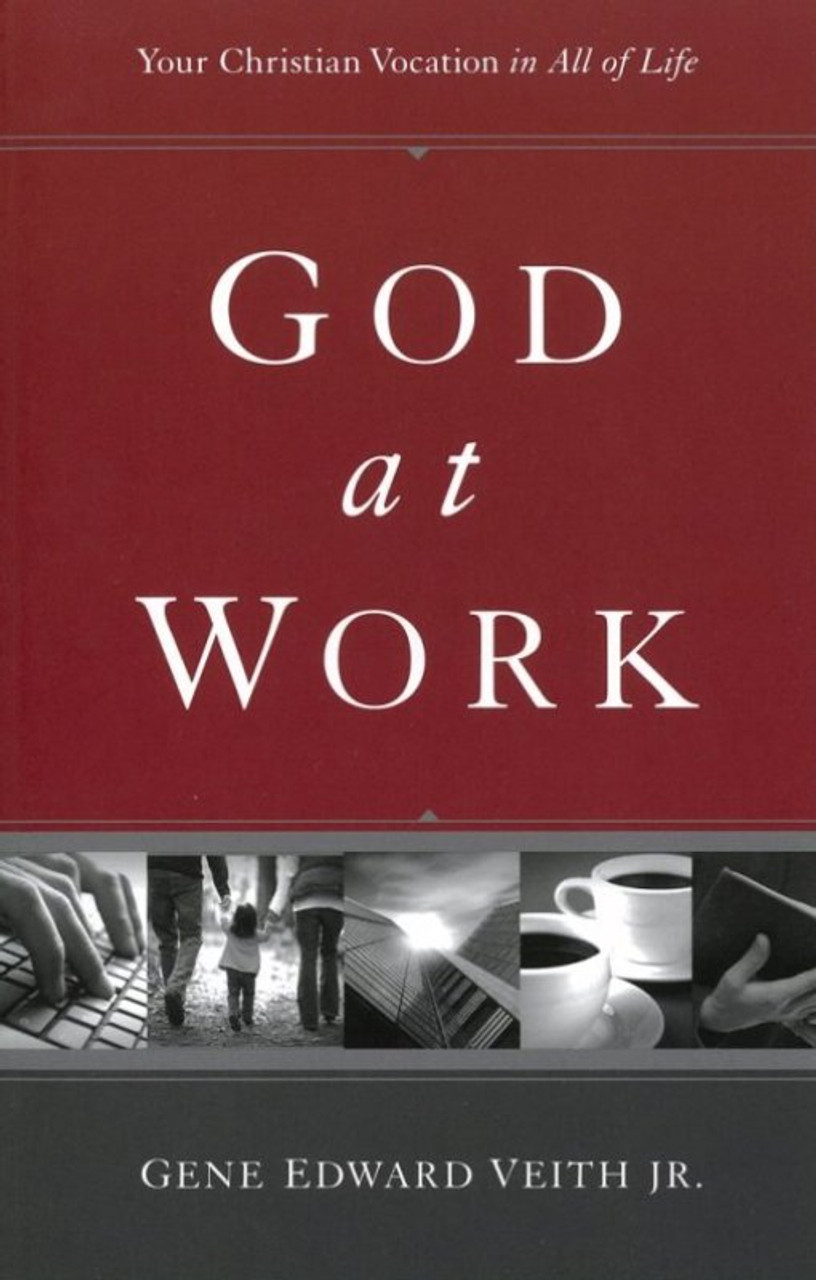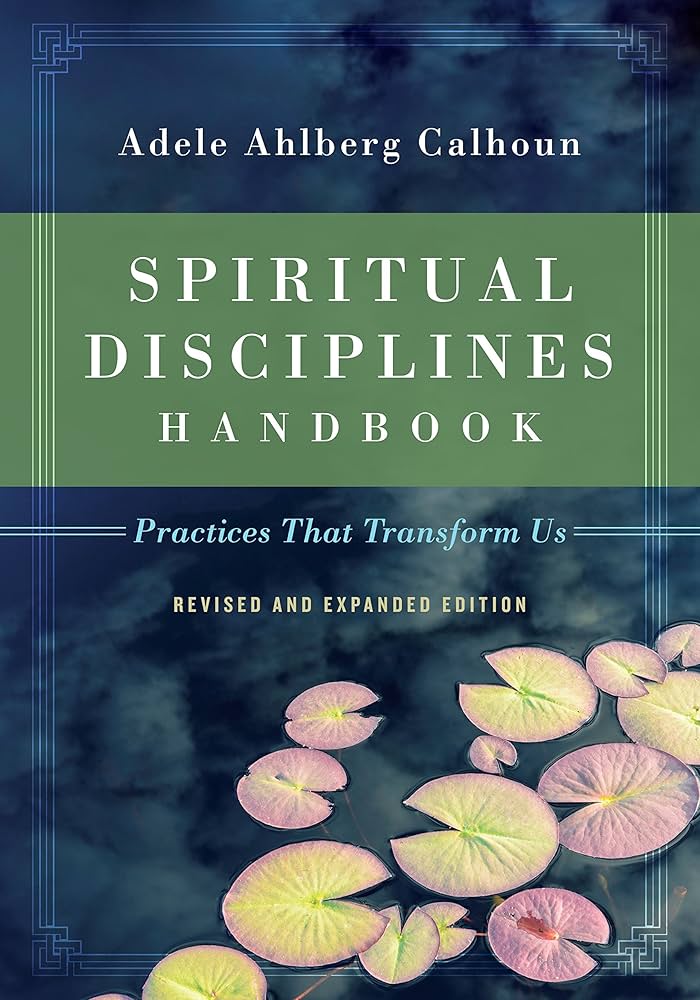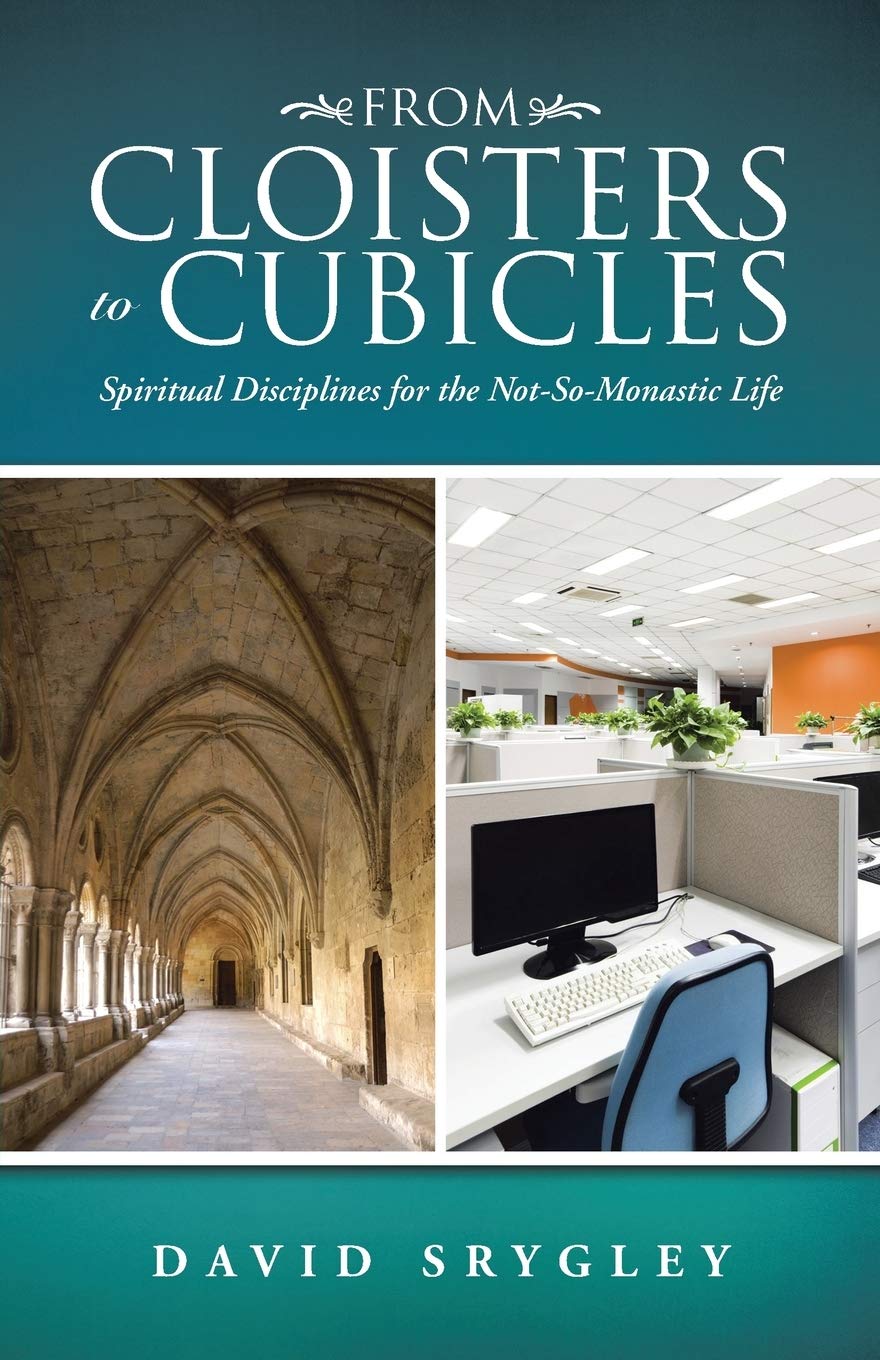Vocational Formation
In the Classroom

Exemplifying Vocational Formation in the Classroom
Vocational Formation in the classroom looks just as diverse as the many areas of study we have on campus, and yet, it all stems from the same Source so it has much overlap. As described briefly above, Vocational Formation is about connecting our various roles on earth to the purposes and mission of God. Sometimes this role for your students will be the professional identity they’re seeking – sometimes it will not. Vocational Formation helps you form your students holistically because it keeps this in mind. Within your classroom, your curriculum may relate solely to a specific profession but often can relate to their many other roles if thought of with this holistic mindset, like that of student being a community member; a steward of our earth, resources, and finances; a leader (in the present and future); a child, and even a potential spouse, parent, employer, or political representative. From the sciences and accounting, to design and communication, there are endless ways to help students understand that God’s Word is still alive and active (Heb 4:12) thought Vocational Formation.
Since Vocational Formation touches every role we play during our lifetime, you have many opportunities as the professor to integrate effective learning opportunities into your syllabus and regular activities that help students make this connection. For example:
– Take the time to pray and genuinely uplift students’ needs regularly in class – and voice why you think it’s important.
– Discuss and even practice spiritual disciplines together – and voice why it’s important as well as how these practices can be carried into the professional work environment.
– Discuss ethical and theological implications of various topics your curriculum covers and why or how it affects us as humans, community members, potential parents, etc.
– Offer, demonstrate and explain a balance of grace and justice to help build maturity in your students. Particularly with assignments and class expectations, a level of grace is beautiful, but a level of accountability and consequences also helps students create healthy boundaries that will benefit them long term.
– As a leader and expert in your field, also be intentional to demonstrate humility. Admit when you’ve made a mistake. Admit when you don’t know something. And exemplify the opportunity that humility brings to grow closer as a community in learning or exploring something together.
The number one piece of advice I’d have when it comes to whatever form of Vocational Formation is this:
Be specific in explaining to students your WHY. Though we may choose to incorporate certain things into our classroom as an example, subtleness is most often missed, so you need to intentionally explain WHY you’re giving students a particular experience. Be intentional to point your choice and actions back to scripture and Christ’s example. Verbalize the importance of this practice, consideration, or conversation so your intention is not missed.
Classroom Examples
This Google Document linked to the right will take you to some example assignments that various departments across campus use in their internship courses to correlate the workplace to faith.
NetVue Grant Definition
In 22-23, staff and faculty collaborated to create an official ACU definition for Vocational Formation, thanks to funding provided through NetVue. We aim to refer back to and connect conversations to this definition when sharing about Vocational Formation across campus.
Some Of My Favorite Resources

Living Vocationally: The Journey of a Called Life
Paul J. Wadell
Charles R. Pinches

God at Work
Gene Edward Veith Jr.

Practicing the Way
John Mark Comer

Every Good Endeavor
Timothy Keller

Surprise the World
Michael Frost

The Spiritual Disciplines Handbook
Adele Ahlberg Calhoun

From Cloisters to Cubicles: Spiritual Disciplines for the Not-So-Monastic Life
David Syrgley
Bob Shank Q&A
 from Gospel Patrons
from Gospel Patrons
S.H.A.P.E. Test
Saddleback Church
Vocational Formation & Employers
When I talk about Vocation, I am specifically talking about connecting God’s Mission with our current roles. Though this is not a requirement for hosts of ACU students, it is something we highly value and, when we know a supervisor provides a quality work experience AND a great example for how to exemplify Christ in the workplace, we are much more vocal about students applying for these positions in the future!

Vocational Formation in the Workplace
To see what I recommend to employers/supervisors, please check out the Vocational Formation & Internships page on this site.

ACU Center for Experiential Learning
ACU Box 28261
Abilene, TX 79699
325.674.4882
CEL@ACU.EDU
There are tons of resources also available to help with this, below I've listed some of my favorites.

Living Vocationally: The Journey of a Called Life
Paul J. Wadell
Charles R. Pinches

God at Work
Gene Edward Veith Jr.

Practicing the Way
John Mark Comer

Every Good Endeavor
Timothy Keller

Surprise the World
Michael Frost

The Spiritual Disciplines Handbook
Adele Ahlberg Calhoun

From Cloisters to Cubicles: Spiritual Disciplines for the Not-So-Monastic Life
David Syrgley
Bob Shank Q&A
 from Gospel Patrons
from Gospel Patrons
S.H.A.P.E. Test
Saddleback Church





